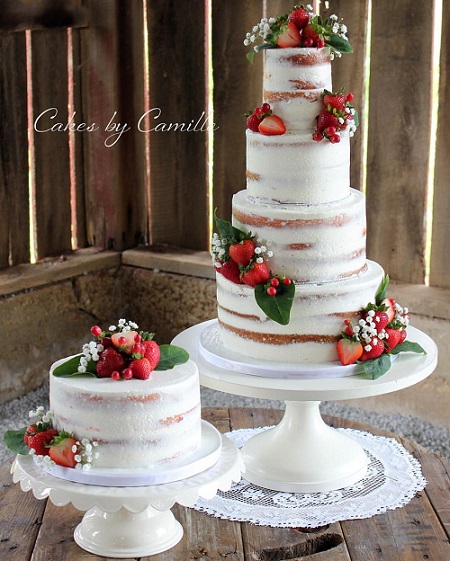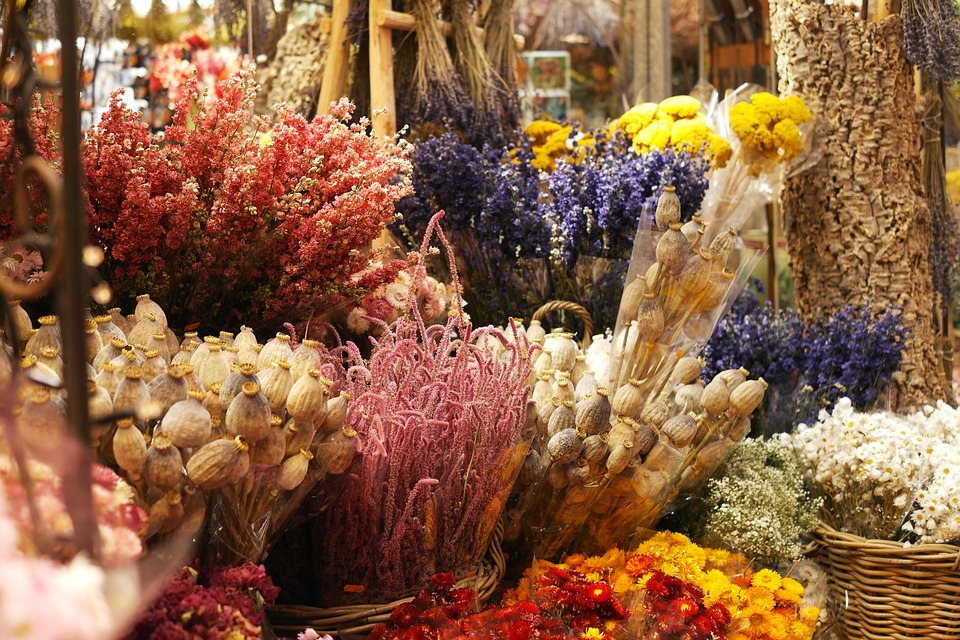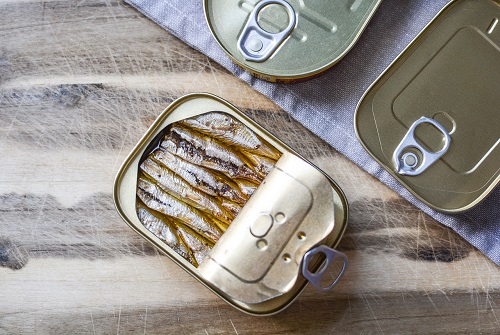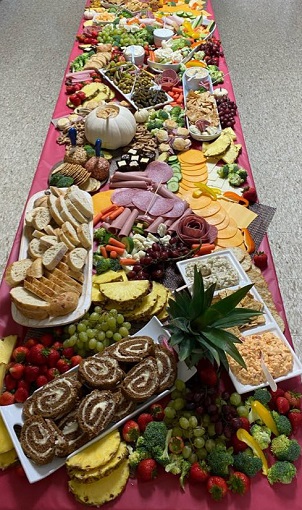Take the Cake
 This expression would probably take the cake in a contest of contradictions.
This expression would probably take the cake in a contest of contradictions.
To take the cake can mean either the best or the worst.
We see examples of the best when a person:
- Wins a contest and receives the prize
- Excels in school or work
- Stands out from everyone else
We might say, “She has created great art before, but this piece takes the cake.”
Examples of the worst include someone who:
- Acts horrible
- Mistreats others
- Appears foolish
We might say, “He has done stupid things before, but that takes the cake.
Take the cake can also mean something unbelievable.
The hard to believe may be important or simply fun. For example, the horse that won the recent Kentucky Derby was the least expected to win.
It may also be horrible or wonderful. In several instances, family members of murdered missionaries continued to serve their loved ones’ killers.
If we want to take the cake, let’s do so in the best way. Make it unbelievably good.
“This is what the Lord says—your Redeemer, the Holy One of Israel: “I am the Lord your God, who teaches you what is best for you, who directs you in the way you should go. (Isaiah 48:17 NIV).
Thanks to Ann Maniscalco and Janna Babak for the suggestion and to Cakes by Camille for the photo.
Do you have an expression you want explained or a thought about this one? If so, please comment below.
Subscribe to receive my weekly posts by email and receive a free copy of “Words of Hope for Days that Hurt.”
If you enjoyed this post, please share it with your friends.








